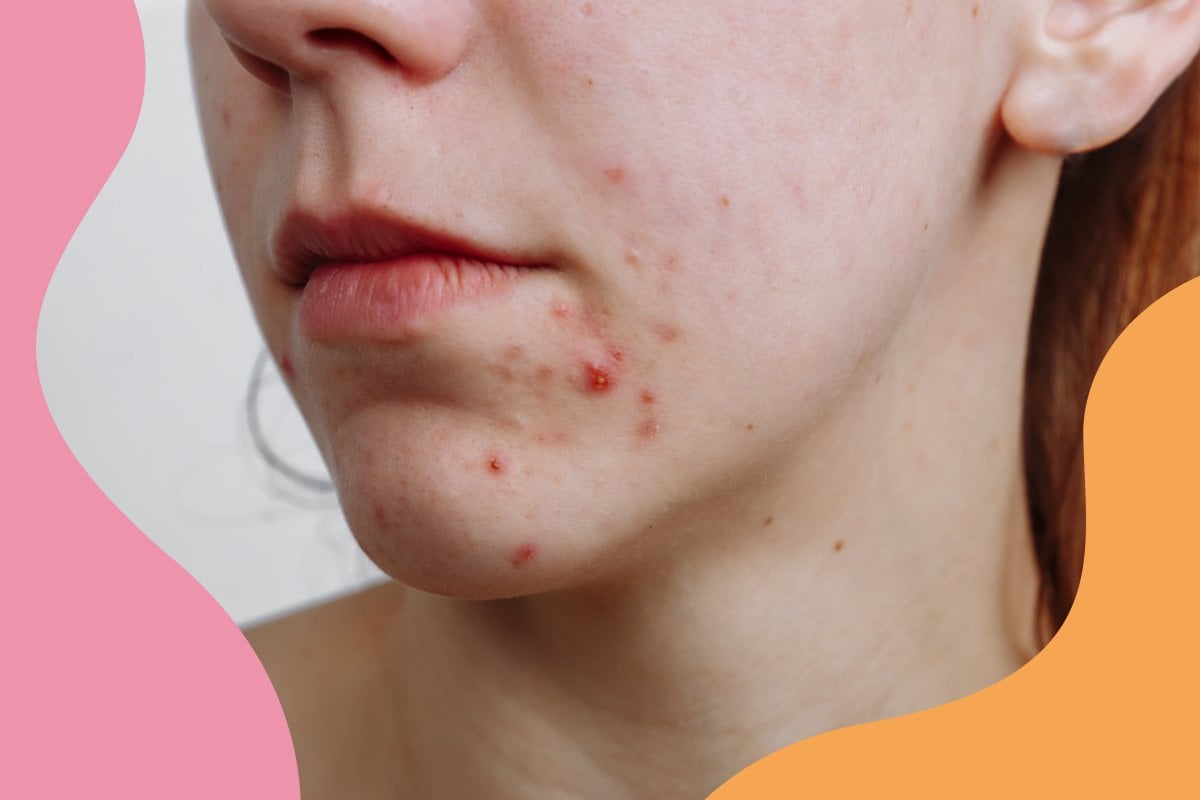
I was one of those teenagers with really bad skin.
I still remember getting my first few pimples at age 11, which seemed like years before anyone else did. After a while, the pimples started to spread, got redder, and I became increasingly embarrassed about my new face. Neither my mum nor I had any clue what to do.
If you were in the same boat as me, you'll know that there was little information out there on teenage skin. There were a handful of brilliantly marketed products that are far too harsh on young skin (you probably know at least one of the major ones I'm referring to) and a pill that fixes the acne - but causes various other serious side effects.
Watch: Here's how to improve your skin while sleeping. Post continues after video.
If you have a child going through those hormonal changes now, it's a good idea to understand what's going on with their skin and which products to introduce, before considering seeing a dermatologist or introducing harsher treatments.
I spoke to Dr Cara McDonald, a specialist dermatologist with a keen interest in acne, to learn about all things teenage skin.
Top Comments